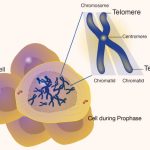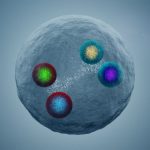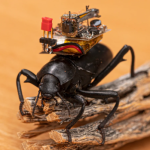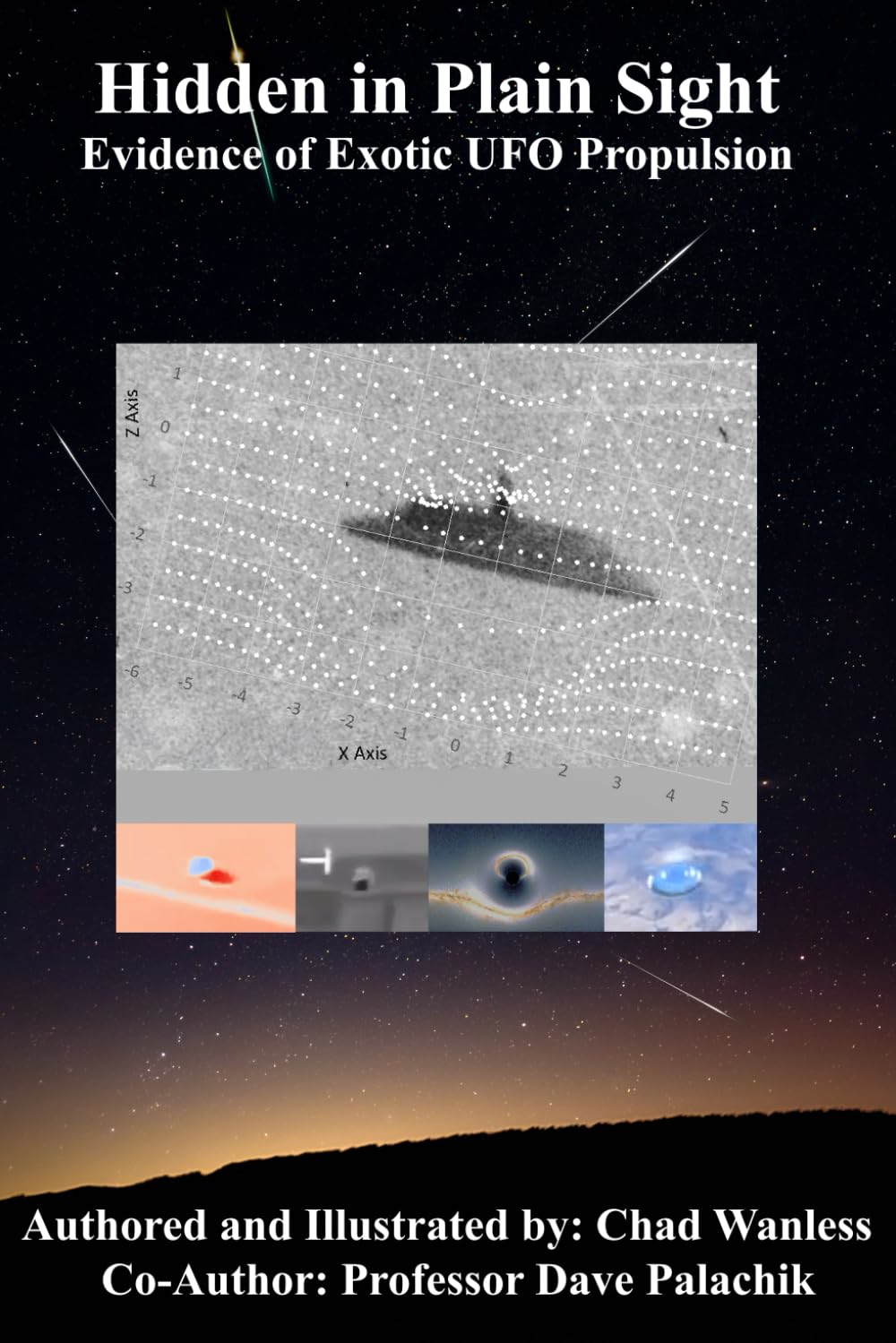New material called ‘Proteus’ is reportedly the world’s first uncuttable material0
- From Around the Web, Science & Technology
- July 22, 2020
And it is only 15 percent the density for steel

And it is only 15 percent the density for steel

A team of U.S. and U.K. scientists has generated the end-to-end gapless DNA sequence of the human X chromosome.

Scientists expect it to fall by the end of the century due to a decrease in the overall fertility rate.

Physicists from CERN’s LHCb Collaboration have discovered a new tetraquark particle, named X(6900), composed of two charm quarks and two charm antiquarks.

Every year, companies like GoPro manage to pack more and more functionality into smaller and smaller action cameras that are less obtrusive to wear. But a team of researchers from the University of Washington has managed to build a live-streaming wireless camera that’s so small even an insect can wear it.

Scientists are investigating evidence of ancient terrestrial microbes preserved in Australia as well as mineral maps derived from Mars orbiter data to shed light on how to search for life on Mars.

These creatures have evolved special “nanobodies” that may have an edge over human antibodies when it comes to developing a new treatment.

The evolution of human teeth began among ancient armored fishes more than 400 million years ago. In the scientific journal Science, an international team led by researchers from Uppsala University presents groundbreaking findings about these earliest jawed vertebrates. Using powerful X-ray imaging, they show that unique fossils found near Prague contain surprisingly modern-looking teeth.

Scientists have discovered four new species and two new genera inhabiting the deep, abyssal landscape that lines the bottom of the Pacific Ocean.

In new research from the Wake Forest Institute for Regenerative Medicine (WFIRM), scientists have shown that bioengineered uteri supported fertilization, fetal development, and live birth with normal offspring. With further development, this approach may someday provide a regenerative medicine solution for women with the inability to get pregnant due to uterine dysfunctional infertility



